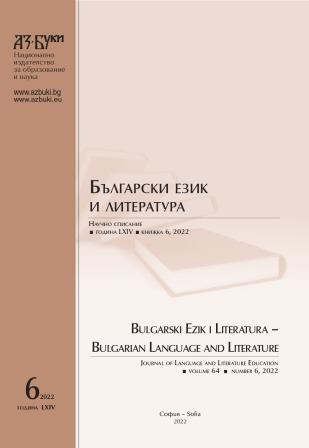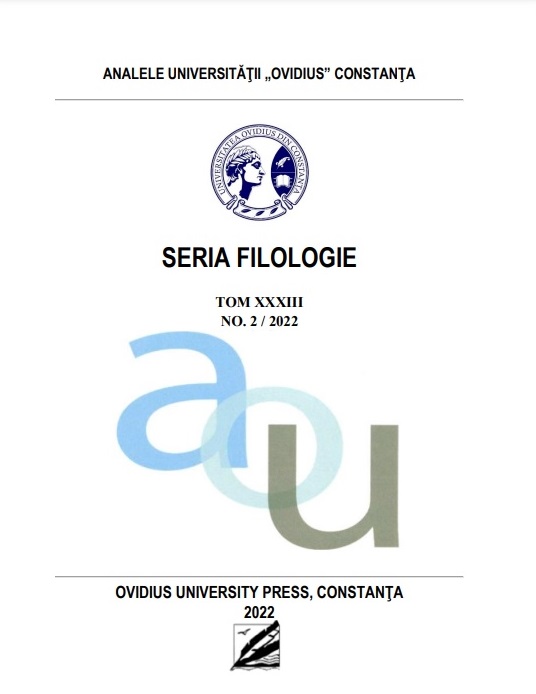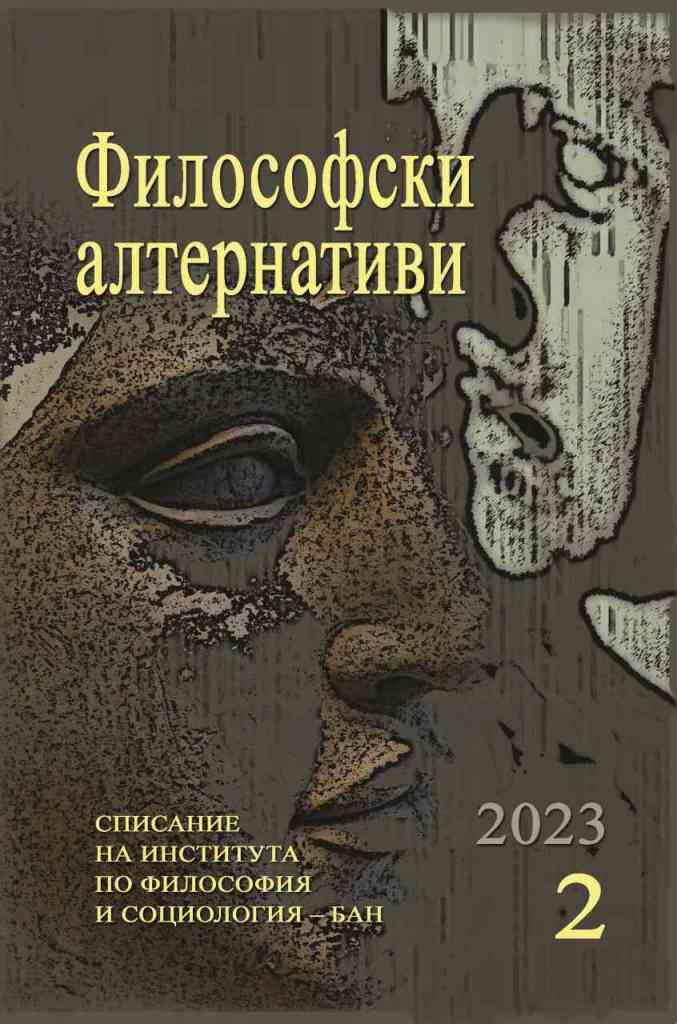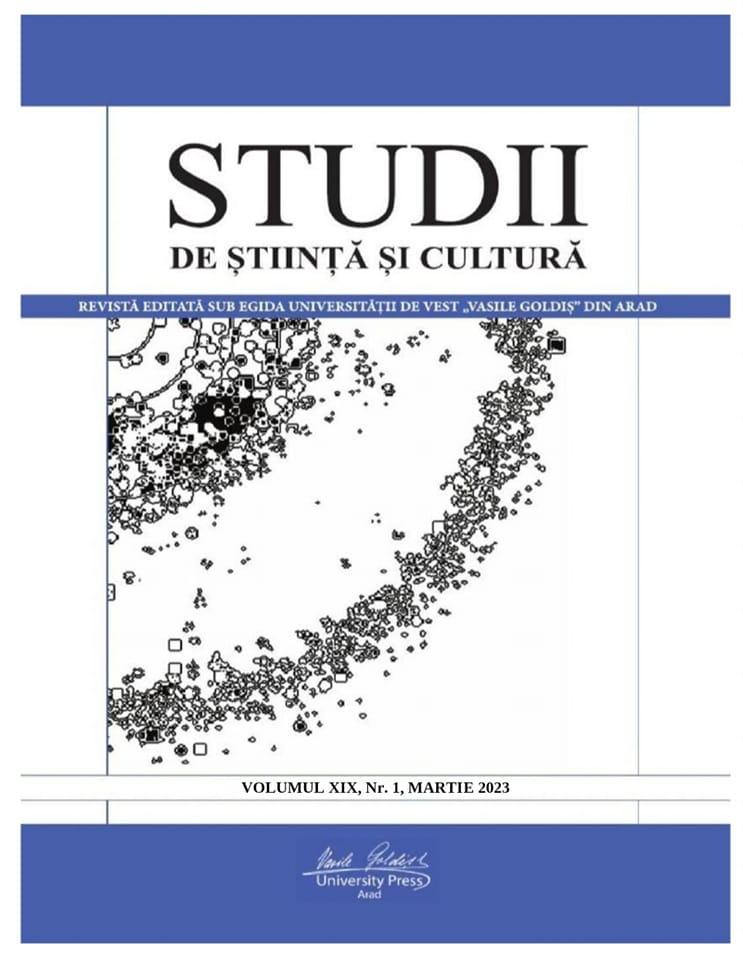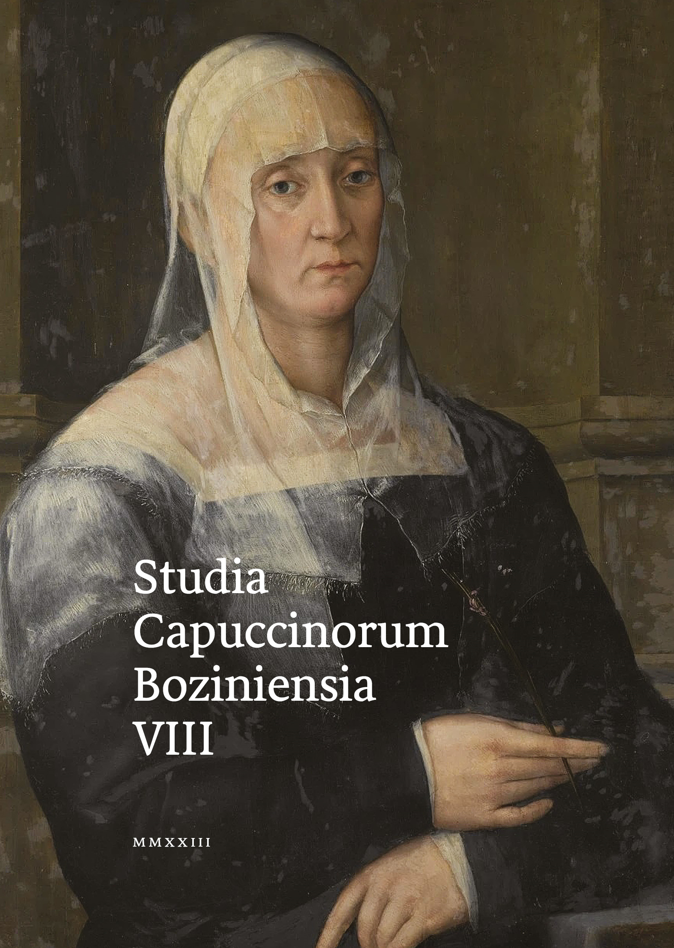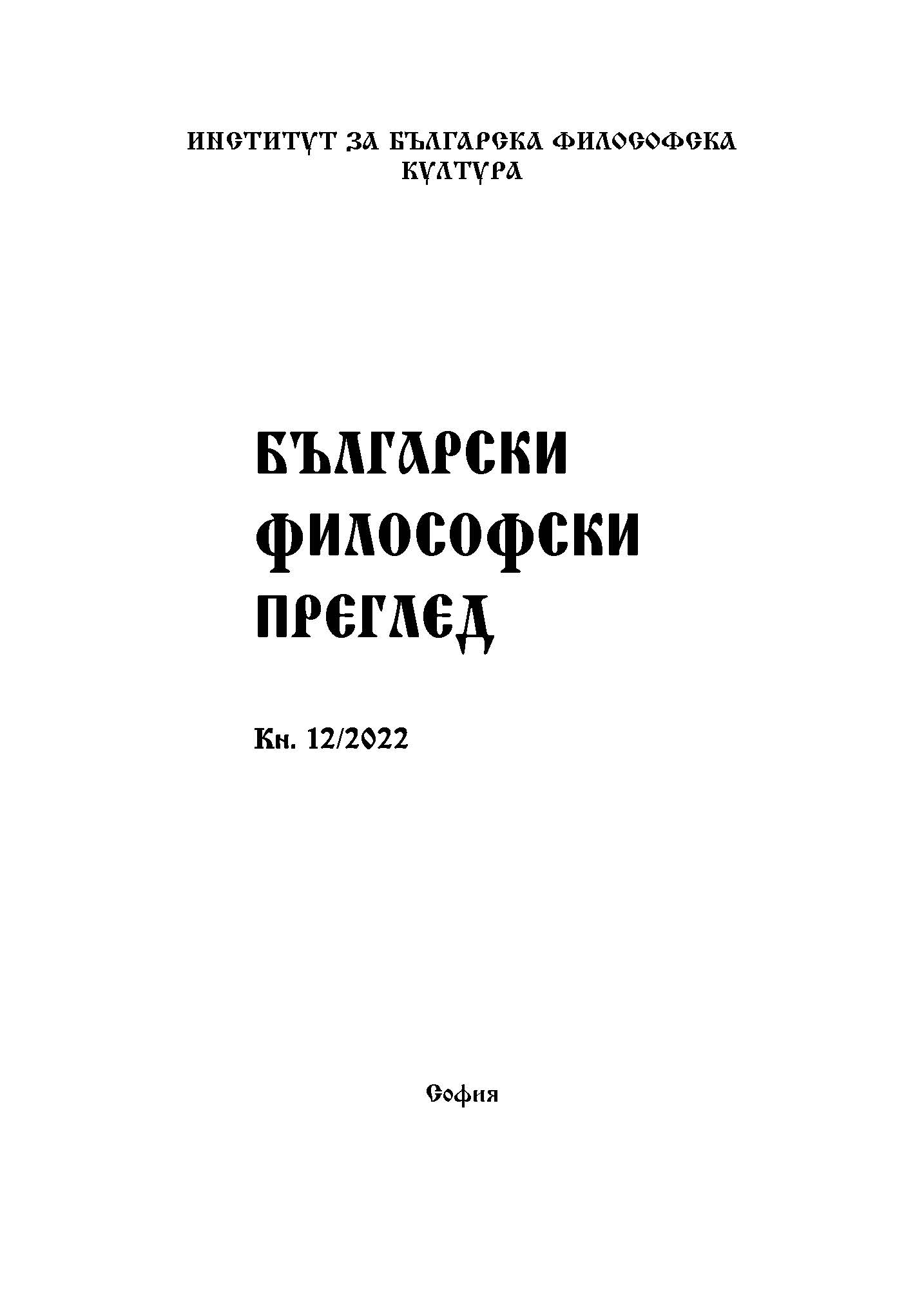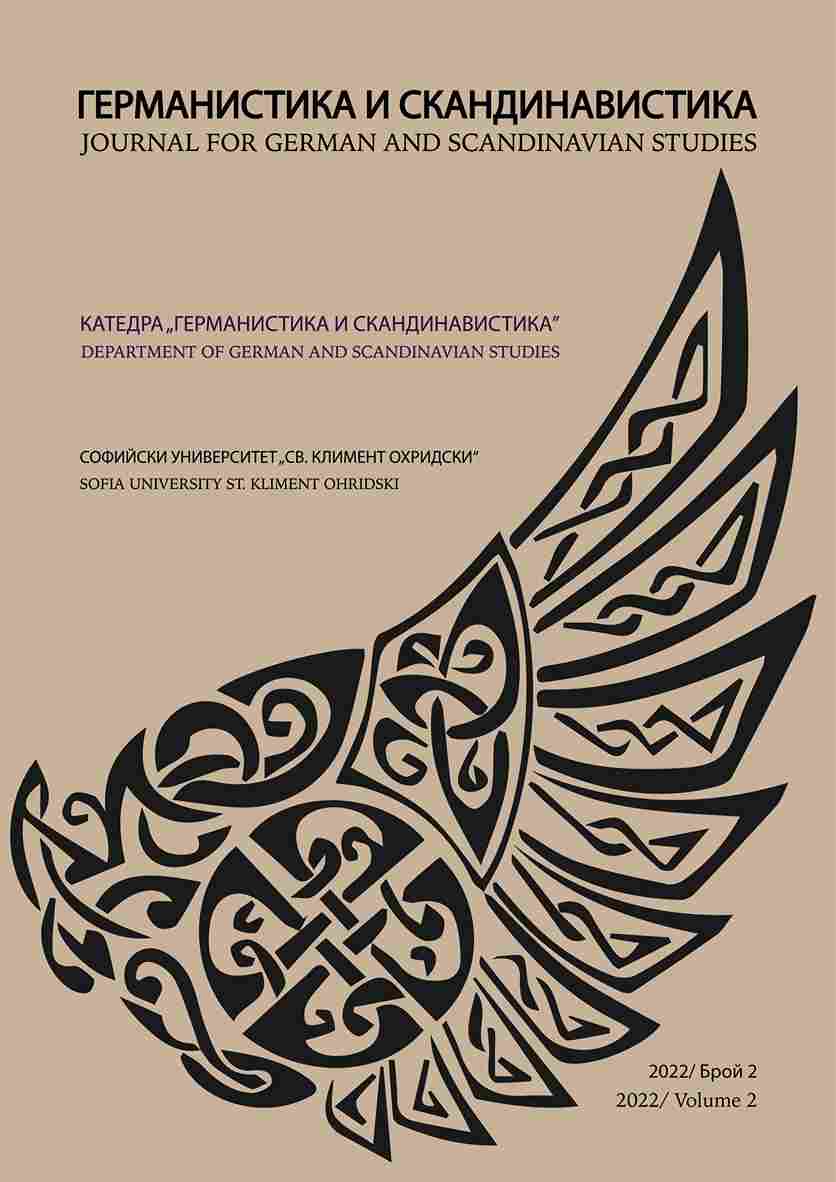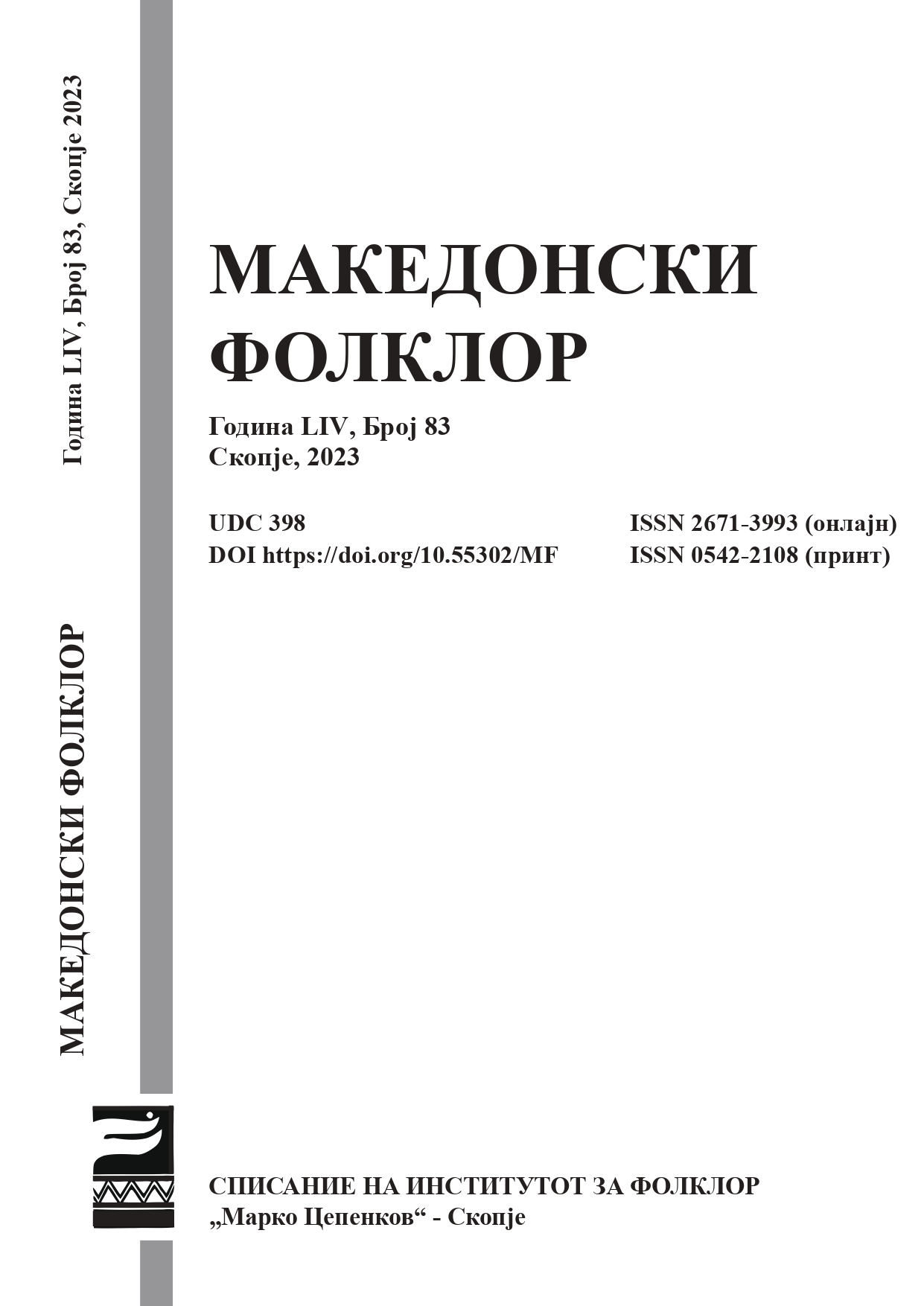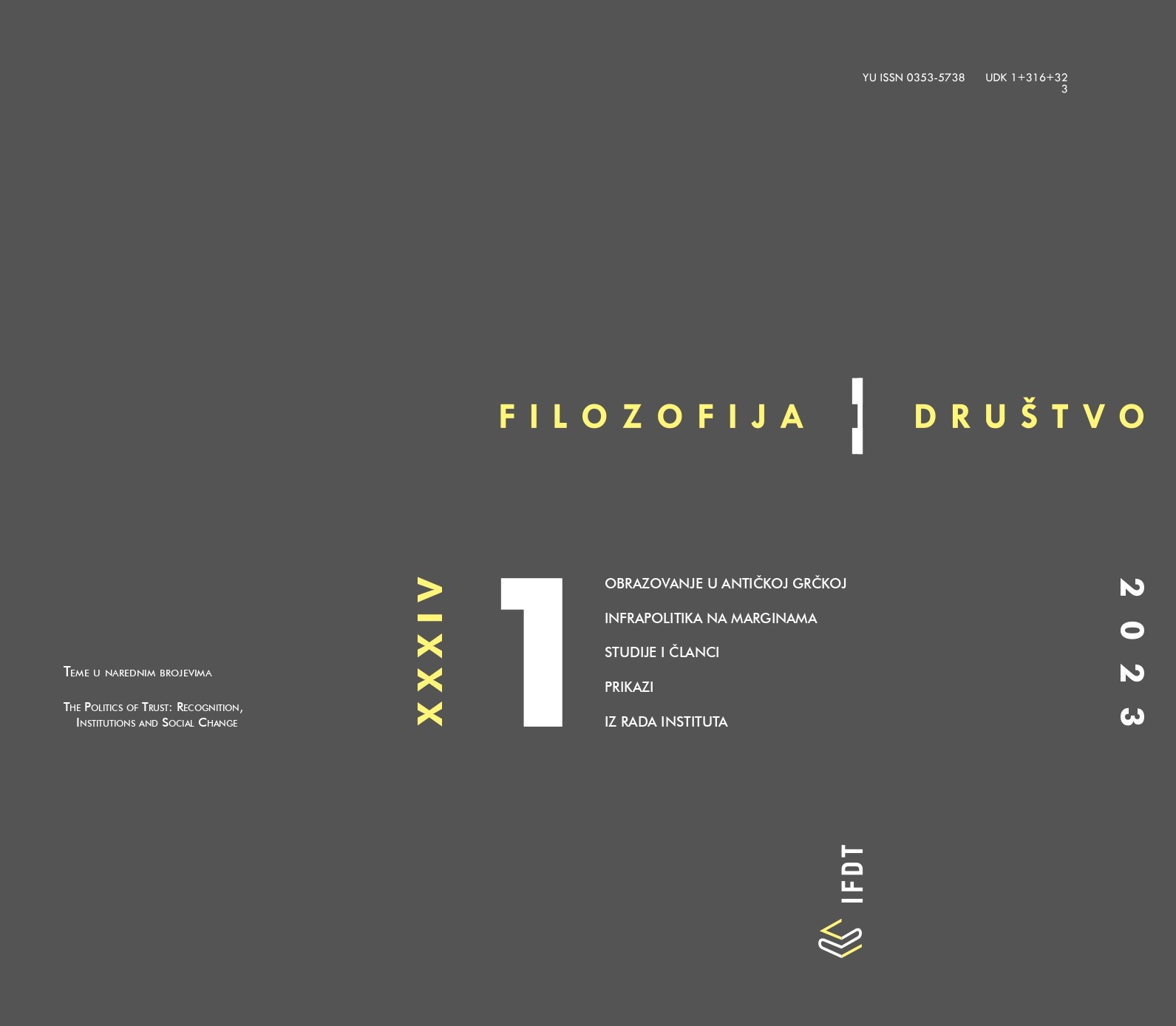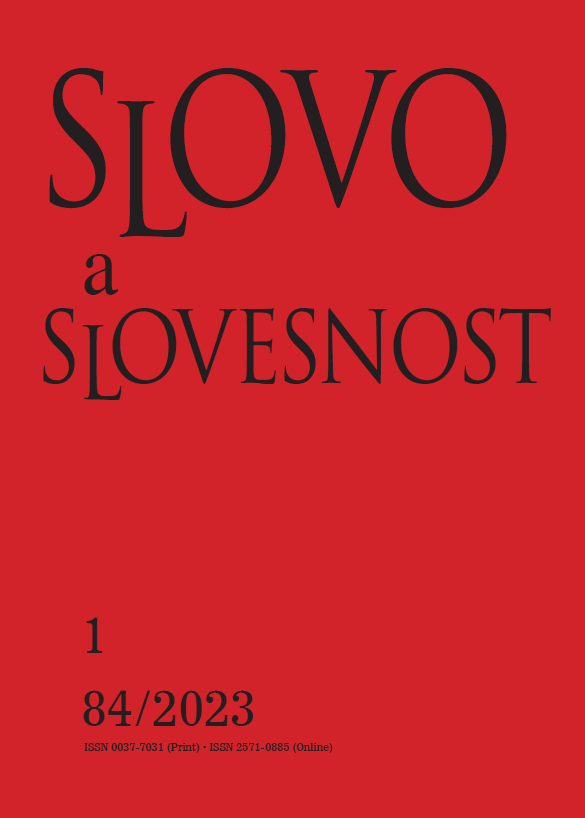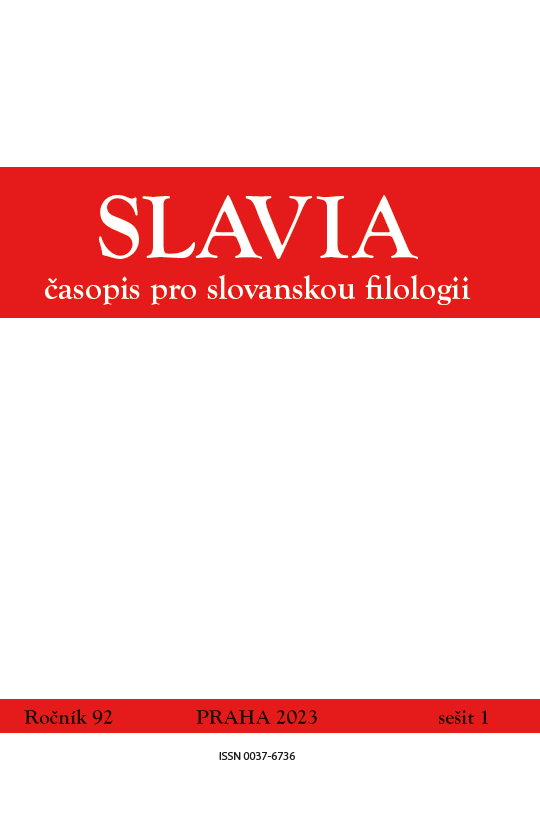Author(s): Galina Naenko / Language(s): Ukrainian
Issue: 1/2023
In the article, the author offers a periodisation of diachronic linguistic studies at the University of Kyiv. According to the author, the development of the Kyiv school of historical linguistics falls into four periods. During the first period, represented by Mykhailo Maksymovych, Oleksiy Sobolevsky, Volodymyr Peretz, two opposite approaches, toward the origins of the Ukrainian language, based on the colonial (Imperial) and the national ethno-political concepts, emerged. The comparative-historical method came to be prevailing, with positivism at its gnoseological foundation. Problems discussed in the studies of the Kyiv school demonstrated a wide array of attitudes, common European scholarly trends, and theoretical depth. The second period, marked by a struggle for Ukrainian independence and the policy of Ukrainization, was premised on neogrammarian ideas, ethnographic purism, and structuralism. The most prominent representatives of this period were Ivan Ohienko, Ahatanhel Krymsky, Vasyl Demyanchuk, and Vsevolod Hantsov. The end of the second period coincided with the purge of Ukrainian intelligentsia in 1937. During the third period, study of the history of Ukrainian was conducted within the framework of Soviet historiography. The formation of separate East Slavic languages was postponed until the 14th century, while study of historical records and publication of theoretical works became a priority in the agenda of the academicians Leonid Bulakhovsky and Ivan Bilodid. Didactic works on the history of standard Ukrainian, authored by Petro Tymoshenko and Pavlo Plyushch, as well as rare dissertations were based on structural and functional methods. After 1992, problems of the history of the Ukrainian language were projected onto a cognitive discourse paradigm. Reconstruction, based on the material of historical records, furthered the understanding of language mentality, modus, and fragments of scientific discourse. The growth of didactic works took place in the conditions of the state’s self-determination, when the responsibility for historical heritage strengthened the role of comparative-historical studies.
More...
